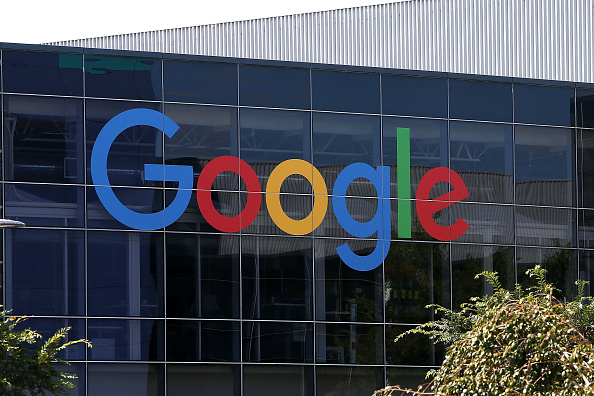

In a deja-vu of sorts, Google is once again shuttering its health division. Just three years after the company hired Dr. David Feinberg to organize its disparate health efforts, its projects and employees will be shuffled across the company as he leaves for a new job as CEO of Cerner Corp.
According to a memo acquired by Insider, Google plans to shut down its health division and reassign its 570 employees. A Google spokesperson confirmed that the company will indeed dissolve Google Health, though it won’t lay off any employees and plans to continue some of its ongoing projects under different divisions.
The shift isn’t entirely a surprise. Earlier this summer, Google shuffled a portion of its health employees over to its Fitbit and Search divisions, leaving Fitbit to lead its consumer health efforts. Its remaining employees were focused on compliance, health AI and building tools for clinicians.
Now, the team led by Google’s Chief Health Officer Dr. Karen DeSalvo, which was focused on compliance, regulatory affairs and health equity, will take on a company-wide role. It will work across Google’s many divisions, including its cloud business, YouTube and Fitbit.
Google’s health AI team will report to Yossi Matias, who leads the company’s search and conversational AI efforts. And the team working on tools for doctors, such as Google’s controversial effort to make a searchable electronic health record, will report to Jeff Dean under Google’s AI division.
Despite the lack of a unified division, the spokesperson said health was still a big focus for Google, and had become more of a companywide effort. But this isn’t the first time Google has started — and shuttered — its healthcare division.
Back in 2008, Google launched an effort to bring together people’s health records, also called Google Health. Three years later, it shut down the platform, in part because it simply didn’t have enough users.
Other large technology firms have stumbled recently in their own healthcare efforts.
Earlier this year, the infamous collaboration between Amazon, JPMorgan and Berkshire Hathaway dissolved, with some experts pointing to the lack of a defined strategy as the fatal flaw. Since then, Amazon has launched its own primary care and pharmacy efforts, though it’s unclear if it will be able to unseat established competitors.
More recently, Insider reported that Apple planned to scale back a digital health app it had been developing to use in conjunction with its medical clinics for employees.
“Healthcare is hard” may be a common refrain when looking back at these failed projects, but that can be especially true as part of a larger company, even one with as many resources as Google or Amazon.
Photo credit: Justin Sullivan/Getty Images


